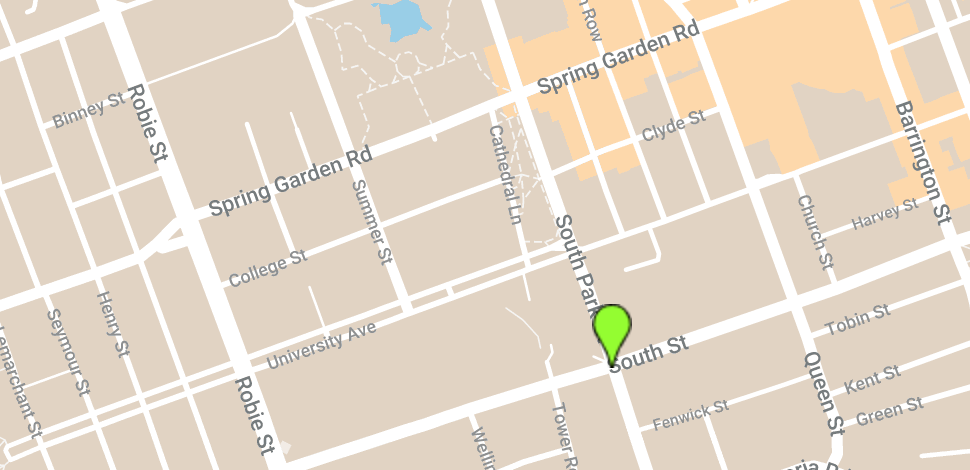As of today, Nov. 29, Nova Scotia has 125 active cases of COVID-19. Ten new cases are being reported today.
Nine cases are in Central Zone and one is in Western Zone.
“By following the new restrictions in the greater Halifax area, we are working together to contain the spread of the virus,” said Premier Stephen McNeil. “And wherever you live in the province, we all have a role to play, by limiting non-essential travel and following all the protocols — limit social contacts, practise social distancing, wear a mask and wash your hands. This is how we will flatten the curve.”
Nova Scotia Health Authority’s labs completed 2,254 Nova Scotia tests on Nov. 28.
There were 540 tests administered at the rapid-testing pop-up site in Dartmouth yesterday and one positive result. The individual was directed to self-isolate and has been referred for a standard test.
Since Oct. 1, Nova Scotia has had 44,909 negative test results, 200 positive COVID-19 cases and no deaths. No one is currently in hospital. Cases range in age from under 10 to over 70. Seventy-five cases are now resolved. Cumulative cases may change as data is updated in Panorama.
“No matter where you live in Nova Scotia, it is important to follow all public health measures,” said Dr. Robert Strang, Nova Scotia’s chief medical officer of health. “While the majority of the cases are in the Central Zone, COVID-19 can easily find its way into other parts of the province. We must all remain vigilant and continue working to limit spread within, and beyond, Halifax.”
Visit https://covid-self-assessment.novascotia.ca/ to do a self-assessment if in the past 48 hours you have had or you are currently experiencing:
— fever (i.e. chills/sweats) or cough (new or worsening)
Or:
Two or more of the following symptoms (new or worsening):
— sore throat
— runny nose/ nasal congestion
— headache
— shortness of breath
Call 811 if you cannot access the online self-assessment or wish to speak with a nurse about your symptoms.
When a new case of COVID-19 is confirmed, public health works to identify and test people who may have come in close contact with that person. Those individuals who have been confirmed are being directed to self-isolate at home, away from the public, for 14 days.
Anyone who has travelled outside of Atlantic Canada must self-isolate for 14 days. As always, any Nova Scotian who develops symptoms of acute respiratory illness should limit their contact with others until they feel better.
It remains important for Nova Scotians to strictly adhere to the public health order and directives – practise good hand washing and other hygiene steps, maintain a physical distance when and where required. Wearing a non-medical mask is mandatory in most indoor public places.
Rules concerning interprovincial travel within Nova Scotia, New Brunswick, Prince Edward Island and Newfoundland and Labrador have changed. The premiers of all four Atlantic provinces are cautioning against non-essential travel into neighbouring provinces. Currently, all non-essential travel into Prince Edward Island, New Brunswick and Newfoundland and Labrador requires a 14-day self-isolation. All public health directives of each province must be followed. Under Nova Scotia’s Health Protection Act order, visitors from outside Atlantic Canada must self-isolate for 14 days unless they completed their self-isolation in another Atlantic province.
Nova Scotians can find accurate, up-to-date information, handwashing posters and fact sheets at https://novascotia.ca/coronavirus .
Nine cases are in Central Zone and one is in Western Zone.
Source: Release #notw



